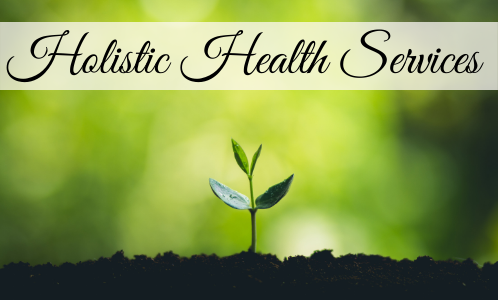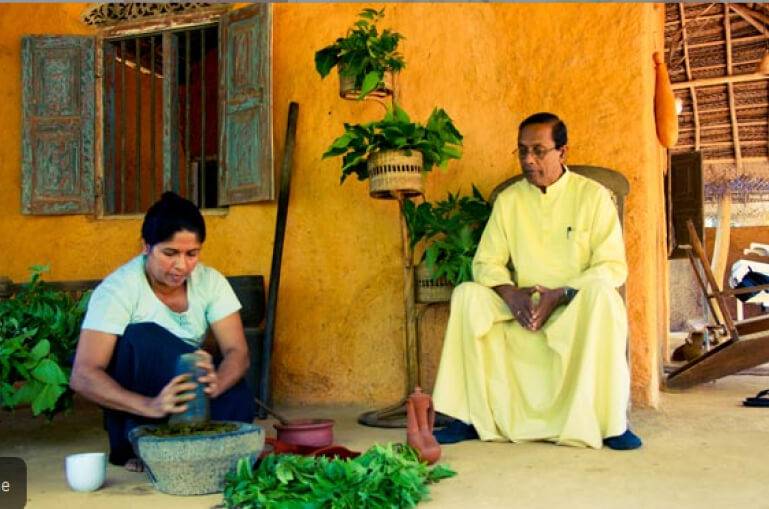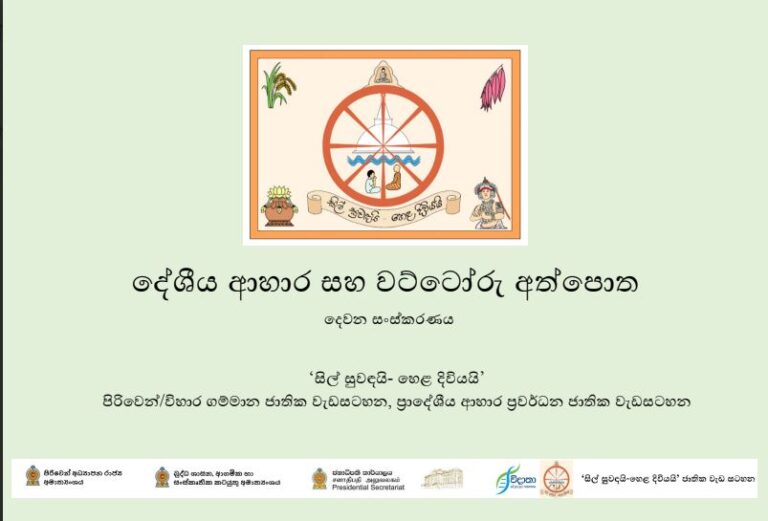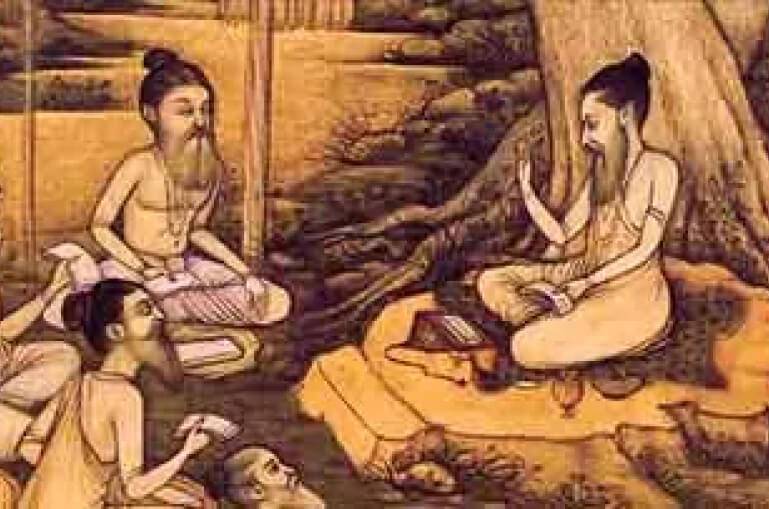Good Health for All: An Integrated and Holistic Vision

Introduction
In today’s fast-paced world, the need for good health for all has become more crucial than ever. Amidst the rising healthcare challenges, it is essential to safeguard the well-being of people through the efficacious systems of Ayurveda and indigenous medicine. These traditional practices emphasize a holistic approach, recognizing the interconnectedness of the body, mind, and spirit. By empowering individuals to take an active role in their health, we can promote a healthier and more sustainable future for all.
The Holistic Approach: Body, Mind, and Spirit
The foundation of our vision is a holistic approach to healthcare that encompasses the physical, mental, and spiritual aspects of well-being. By addressing these three dimensions, we can ensure a comprehensive understanding of an individual’s health and provide more tailored care.
Physical Health
Physical health is a crucial component of well-being, as it directly influences our ability to function and enjoy life. Ayurveda and indigenous medicine offer a wealth of knowledge on maintaining and promoting physical health through proper nutrition, exercise, and lifestyle practices.
Mental Health
Mental health is equally important as physical health, as it shapes our thoughts, emotions, and relationships. By integrating the principles of Ayurveda and indigenous medicine, we can promote mental well-being through techniques such as meditation, mindfulness, and stress management.
Spiritual Health
Spiritual health is often overlooked in modern healthcare, yet it plays a vital role in our overall well-being. By acknowledging the importance of spiritual health, we can cultivate a deeper sense of purpose and meaning in life, which ultimately contributes to our overall health and happiness.
Empowerment: Encouraging Active Participation in Health
A key aspect of our vision is to empower individuals to take an active role in their health and well-being. This involves fostering self-awareness, enhancing self-care practices, and promoting preventive measures to reduce the risk of illness.
Self-Awareness
Understanding one’s unique constitution and health history is crucial for making informed decisions about personal healthcare. Ayurveda and indigenous medicine offer valuable tools for self-assessment and understanding one’s individual needs.
Self-Care Practices
Adopting healthy lifestyle habits and self-care practices can significantly improve one’s health and well-being. Simple activities such as regular exercise, adequate sleep, and maintaining a balanced diet can create a strong foundation for long-term health.
Preventive Measures
Prevention is a central tenet of Ayurveda and indigenous medicine, as it helps to address the root causes of illness before they become more serious. By promoting preventive measures, we can reduce the burden on healthcare systems and improve overall public health.
Preserving Traditional Systems of Medicine: Time-Tested Knowledge and Cultural Heritage
Our vision emphasizes the importance of preserving and promoting the traditional systems of medicine that have been refined over thousands of years and are deeply rooted in local culture and traditions. These time-tested practices hold invaluable insights into the healing power of nature and the interconnectedness of all living beings.
Ayurveda
Ayurveda, originating in India, is a holistic system of medicine that has been practiced for over 5,000 years. It is based on the concept of balance and harmony within the body and emphasizes the importance of individualized care to achieve optimal health.
Indigenous Medicine
Indigenous medicine refers to the diverse healing practices and beliefs of various ethnic groups worldwide. These traditional systems often incorporate local knowledge of medicinal plants, spiritual practices, and healing rituals to promote health and well-being.
Ensuring Accessibility and Affordability: Bridging the Gap in Healthcare
Another critical aspect of our vision is to promote accessibility and affordability in healthcare, particularly in rural and low-income areas where modern healthcare may be scarce or expensive. By incorporating traditional systems of medicine, we can provide high-quality healthcare to everyone, regardless of their location or income level.
Expanding Healthcare Services
One way to enhance accessibility and affordability is to expand healthcare services in underserved areas. This can involve training more healthcare professionals in traditional medicine, establishing local clinics, and leveraging technology to provide remote consultations and support.
Integrating Traditional and Modern Medicine
By integrating traditional systems of medicine with modern healthcare, we can create a more comprehensive and effective approach to healthcare. This involves recognizing the strengths and limitations of both systems and developing strategies for combining them in a synergistic manner.
Embracing Synergy: Integration with Modern Medicine and Technology
Our vision also acknowledges the potential for integrating ancient wisdom with modern medicine and technology. By combining time-tested knowledge with advanced diagnostic and treatment tools, we can create a more comprehensive and effective approach to healthcare.
Collaboration and Research
Through collaboration and research, we can identify the best practices from both traditional and modern medicine and develop innovative solutions to current healthcare challenges. This includes conducting rigorous scientific studies to validate the efficacy of traditional healing practices and exploring new applications for these methods.
Technological Advancements
Advancements in technology can help to bridge the gap between traditional and modern medicine, making healthcare more accessible and personalized. Examples include telemedicine, mobile health applications, and artificial intelligence-based tools for diagnosis and treatment planning.
Conclusion
In summary, our vision for good health for all encompasses a holistic approach to healthcare that embraces the wisdom of Ayurveda and indigenous medicine. By empowering individuals, preserving cultural heritage, prioritizing prevention, enhancing accessibility, and embracing the synergy of tradition and innovation, we can work towards a healthier and more equitable future for all.






